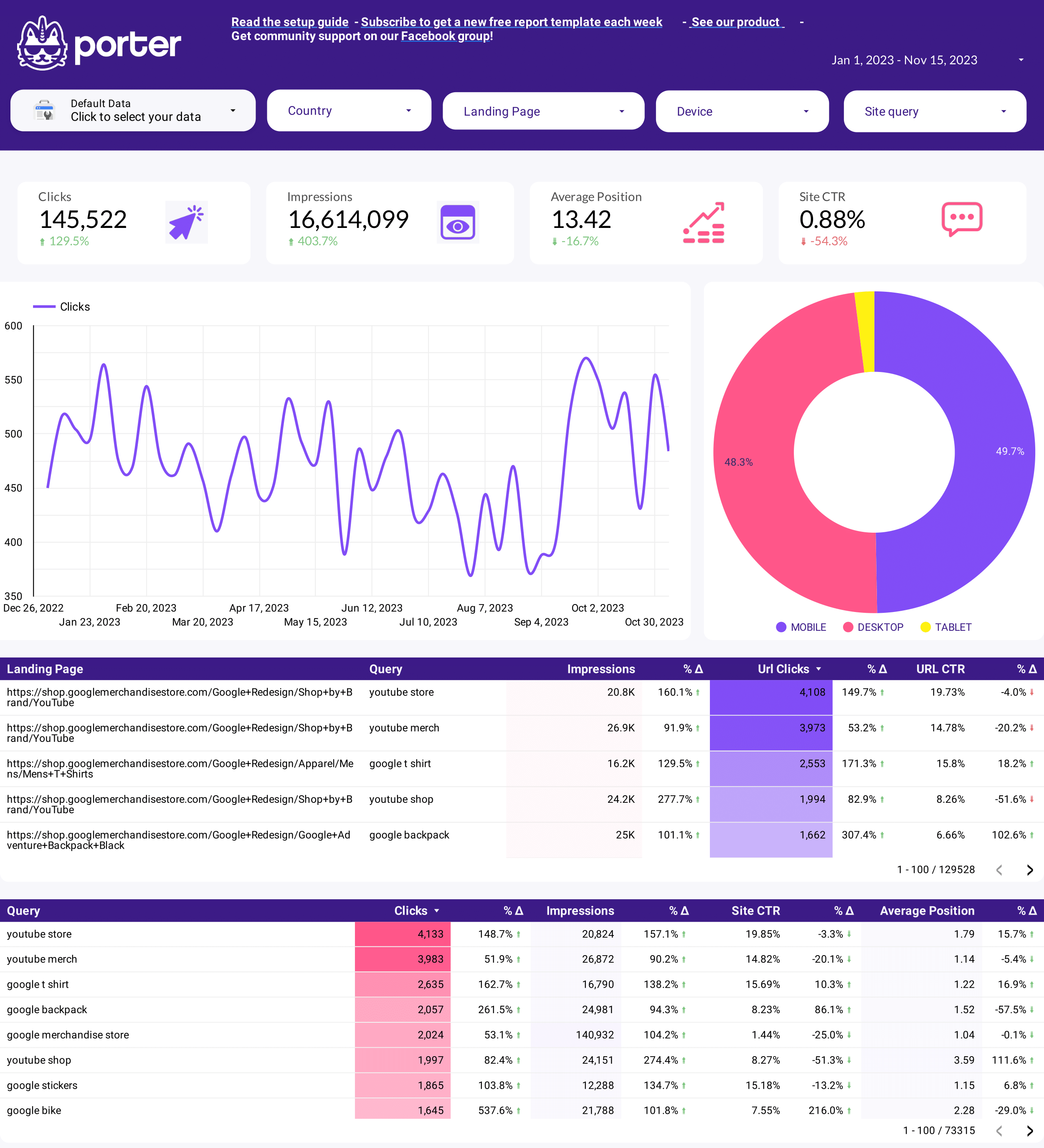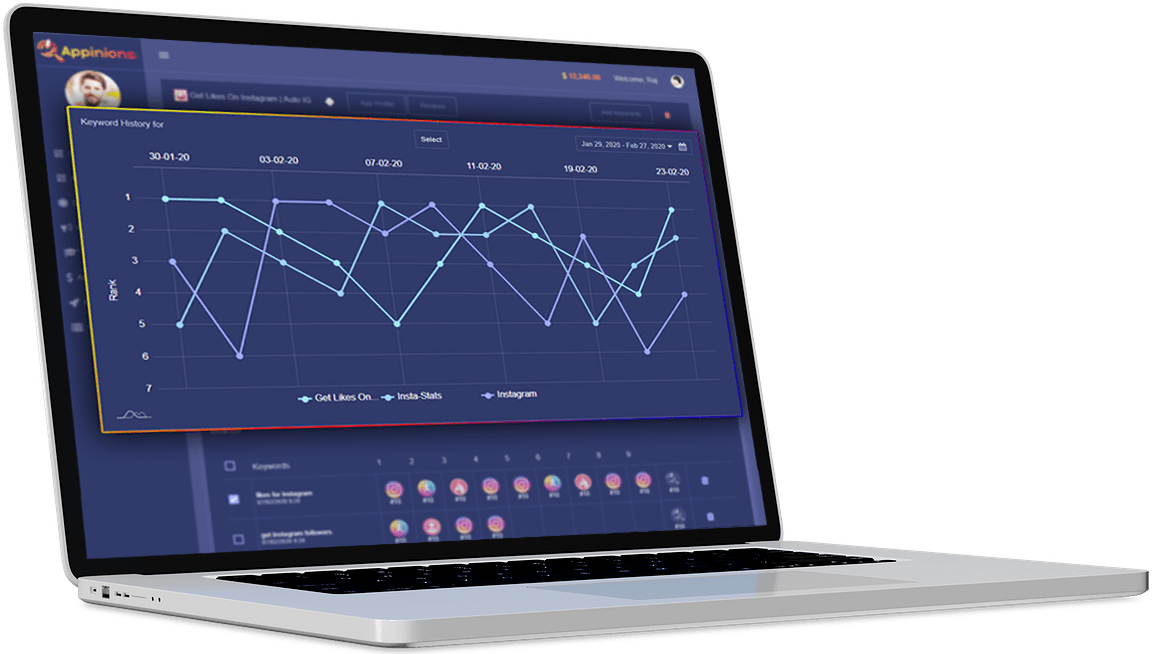Imagine this: you're running a business, and you want to rank higher on Google. But how do you track your progress? Enter keyword ranking API. This powerful tool is like a GPS for your SEO journey, helping you navigate the complex world of search engine optimization. Whether you're a digital marketer or a small business owner, understanding keyword ranking APIs can give you the edge you need to stay ahead of the competition. So, buckle up, because we're about to dive into the nitty-gritty of how these APIs work and why they matter.
In today's digital landscape, ranking high on search engines isn't just about having great content—it's about knowing how your content is performing. Keyword ranking APIs provide you with real-time insights into your website's visibility. Think of it as your personal assistant, keeping tabs on how well your keywords are doing and offering actionable insights to improve your rankings. It’s like having a secret weapon in the SEO battlefield.
But wait, what exactly is a keyword ranking API? Simply put, it's a tool that monitors your website's position in search engine results pages (SERPs). These APIs can track thousands of keywords across different search engines, giving you a comprehensive view of your SEO performance. In this article, we'll break down everything you need to know about keyword ranking APIs, from how they work to the best practices for using them effectively. So, let's get started!
Read also:Exploring The Artistic Vision Of Diva Flawless Unveiling The Truth Behind The Xxx Video
Understanding the Basics of Keyword Ranking API
What Exactly Is a Keyword Ranking API?
A keyword ranking API is like the backbone of your SEO strategy. It's a software interface that allows you to monitor and analyze your website's performance in search engine rankings. These APIs fetch data from search engines and provide you with detailed reports on how your keywords are performing. Whether you're tracking local rankings or global visibility, a keyword ranking API can handle it all.
Here are some key features of keyword ranking APIs:
- Real-time tracking of keyword positions
- Support for multiple search engines and regions
- Detailed analytics and performance metrics
- Integration with other SEO tools
For instance, if you're running an e-commerce site, a keyword ranking API can help you identify which product pages are performing well and which ones need improvement. It's like having a dashboard that shows you exactly where you stand in the competitive world of online retail.
Why Should You Care About Keyword Rankings?
Keyword rankings are the lifeblood of any SEO campaign. They determine how visible your website is to potential customers. If your keywords aren't ranking well, chances are your website isn't getting the traffic it deserves. This is where a keyword ranking API comes in handy. By continuously monitoring your rankings, you can make data-driven decisions to improve your SEO strategy.
Let's say you're targeting the keyword "best coffee beans." A keyword ranking API can tell you whether you're ranking on the first page of Google or if you're way down in the results. Armed with this information, you can adjust your content, optimize your meta tags, and even tweak your backlink strategy to boost your rankings.
The Importance of Keyword Ranking API in SEO
Driving Traffic and Increasing Visibility
One of the primary goals of SEO is to drive organic traffic to your website. A keyword ranking API helps you achieve this by providing actionable insights into your keyword performance. By tracking your rankings, you can identify which keywords are bringing in the most traffic and which ones need improvement. This allows you to focus your efforts on the right areas and maximize your ROI.
Read also:Unveiling The Truth About Vegamovies A Comprehensive Guide
For example, if you notice that your keyword "best coffee beans" is ranking well in one region but not in another, you can adjust your strategy to target the underperforming region. This could involve creating localized content or optimizing your website for specific search queries.
Enhancing User Experience
Apart from driving traffic, keyword ranking APIs also play a crucial role in enhancing user experience. By analyzing your rankings, you can identify which pages are attracting the most visitors and ensure that they provide a seamless user experience. This could mean optimizing your site speed, improving navigation, or enhancing the quality of your content.
Let's say your "best coffee beans" page is ranking well, but users are leaving the page quickly. A keyword ranking API can help you identify this issue and take corrective action. Maybe the page load time is too slow, or the content isn't engaging enough. By addressing these issues, you can improve user satisfaction and reduce bounce rates.
How Keyword Ranking APIs Work
Data Collection and Processing
Keyword ranking APIs work by collecting data from search engines and processing it to provide you with actionable insights. These APIs use advanced algorithms to fetch information about your website's rankings across different search engines and regions. They then analyze this data to generate detailed reports on your keyword performance.
The process typically involves the following steps:
- Fetching data from search engines
- Processing the data to identify trends and patterns
- Generating reports and visualizations
- Providing recommendations for improvement
For instance, if you're using a keyword ranking API to track your "best coffee beans" keyword, the API will fetch data from Google, Bing, and other search engines. It will then analyze this data to provide you with insights into your rankings, traffic, and other performance metrics.
Real-Time Monitoring and Alerts
One of the biggest advantages of keyword ranking APIs is their ability to provide real-time monitoring and alerts. These APIs can notify you instantly if there are any significant changes in your rankings. This allows you to take immediate action to address any issues and capitalize on opportunities.
Imagine you're monitoring your "best coffee beans" keyword, and you notice a sudden drop in rankings. A keyword ranking API can alert you to this change and provide you with the information you need to investigate the cause. Maybe there's a new competitor in the market, or Google has updated its algorithm. Armed with this knowledge, you can take steps to improve your rankings and regain your position.
Selecting the Right Keyword Ranking API
Key Features to Look For
When choosing a keyword ranking API, it's important to look for features that align with your SEO goals. Some of the key features to consider include:
- Support for multiple search engines and regions
- Real-time tracking and alerts
- Detailed analytics and performance metrics
- Integration with other SEO tools
- Affordable pricing and flexible plans
For example, if you're running a global e-commerce business, you'll want a keyword ranking API that supports multiple regions and languages. This will allow you to monitor your rankings across different markets and tailor your strategy to each one.
Popular Keyword Ranking APIs
There are several keyword ranking APIs available in the market, each with its own strengths and weaknesses. Some of the most popular ones include:
- SEMrush
- Ahrefs
- Moz
- Raven Tools
- SERPWatcher
Each of these tools offers a unique set of features and capabilities. For instance, SEMrush is known for its comprehensive analytics and competitive research, while Ahrefs excels at backlink analysis and keyword research. It's important to evaluate your needs and choose the API that best suits your requirements.
Best Practices for Using Keyword Ranking APIs
Set Clear Goals and Objectives
Before diving into keyword ranking APIs, it's essential to set clear goals and objectives. What do you want to achieve with your SEO strategy? Are you looking to increase organic traffic, improve rankings, or enhance user experience? By defining your goals upfront, you can use keyword ranking APIs more effectively and measure your success more accurately.
For example, if your goal is to rank higher for the keyword "best coffee beans," you can use a keyword ranking API to track your progress and identify areas for improvement. This could involve optimizing your content, building high-quality backlinks, or improving your site speed.
Monitor Competitors and Market Trends
Another best practice is to monitor your competitors and market trends. Keyword ranking APIs can help you keep an eye on what your competitors are doing and how they're performing. This allows you to stay ahead of the curve and adapt your strategy as needed.
Let's say you notice that a competitor is ranking well for the keyword "best coffee beans." You can use a keyword ranking API to analyze their strategy and identify tactics that you can incorporate into your own approach. Maybe they're using long-tail keywords, or they have a strong backlink profile. By learning from your competitors, you can improve your own performance.
Common Mistakes to Avoid
Over-Reliance on Keyword Rankings
While keyword rankings are important, it's crucial not to over-rely on them. Focusing solely on rankings can lead to neglecting other important aspects of SEO, such as user experience, content quality, and site performance. A well-rounded SEO strategy should consider all these factors to ensure long-term success.
For instance, if you're obsessing over your "best coffee beans" ranking, you might overlook other important metrics like bounce rate, time on site, and conversion rate. These metrics provide valuable insights into how well your website is performing and can help you identify areas for improvement.
Ignoring Local and Mobile Rankings
Another common mistake is ignoring local and mobile rankings. With more and more people using mobile devices to search the web, it's essential to optimize your website for mobile users. Similarly, if you're targeting a specific geographic region, you need to pay attention to local rankings.
A keyword ranking API can help you monitor your local and mobile rankings, ensuring that your website is visible to the right audience. For example, if you're running a coffee shop in New York, you'll want to rank well for local search queries like "best coffee beans in New York." A keyword ranking API can help you track these rankings and optimize your strategy accordingly.
The Future of Keyword Ranking APIs
Emerging Trends and Technologies
The world of SEO is constantly evolving, and keyword ranking APIs are no exception. As technology advances, these APIs are becoming more sophisticated and capable of providing deeper insights into keyword performance. Some of the emerging trends and technologies include:
- Artificial intelligence and machine learning
- Voice search optimization
- Personalized search results
- Integration with CRM and marketing automation tools
For example, AI-powered keyword ranking APIs can analyze user behavior and provide personalized recommendations for improving your SEO strategy. This could involve optimizing your content for voice search, targeting specific demographics, or tailoring your approach to individual users.
Staying Ahead of the Curve
To stay ahead of the curve, it's important to keep up with the latest trends and technologies in the world of keyword ranking APIs. This means staying informed about new features, tools, and techniques that can enhance your SEO efforts. By embracing these innovations, you can ensure that your website remains competitive and relevant in the ever-changing digital landscape.
Conclusion
In conclusion, keyword ranking APIs are an essential tool for anyone serious about SEO. They provide valuable insights into your website's performance, helping you make data-driven decisions to improve your rankings and drive organic traffic. Whether you're a digital marketer or a small business owner, understanding how these APIs work and how to use them effectively can give you a significant advantage in the competitive world of online marketing.
So, what are you waiting for? Start exploring the world of keyword ranking APIs today and take your SEO strategy to the next level. And remember, if you have any questions or feedback, feel free to leave a comment or share this article with your network. Together, we can all learn and grow in the exciting world of digital marketing!
Table of Contents


